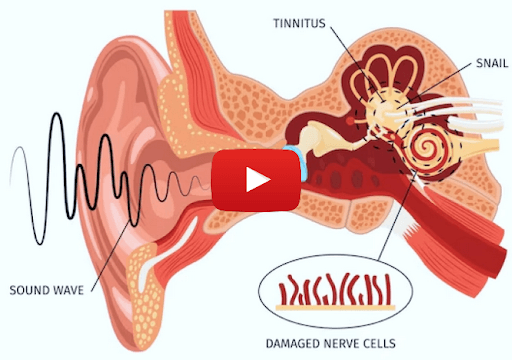Surprise! Drinking Water Wrongly Can Damage Your Kidneys
Staying properly hydrated is key to supporting kidney health, a message that is often clouded with myths and misconceptions.
One persistent hydration myth is the need to drink eight glasses or about two liters of water daily. This widely held belief conflates water intake with overall fluid intake, which includes all drinks and moisture from consumed food.
Fluid intake should be personalized to an individual's needs, factoring in body composition, activity levels, and health conditions.
While adequate water consumption is beneficial, there is a risk of consuming too much. Overhydration, also known as water intoxication, can dilute sodium levels in the blood, leading to hyponatremia, a serious condition characterized by
- Nausea and vomiting
- Seizures
- In extreme cases, even death
Particular groups, such as endurance athletes and those on certain medications, may be more susceptible.
Dehydration disrupts bodily functions and can incur severe kidney implications. It occurs when fluid is lost faster than replenished, thus impairing kidney function. Conditions like acute kidney injury (AKI) can develop quickly if dehydration persists.
- Water balance is impacted by various factors.
- Signs of dehydration include dark urine and infrequent urination.
Electrolytes are minerals that are key to maintaining liquid equilibrium and bodily functions including transport of nutrients and muscle contractions.
“Incorporating natural electrolyte sources, like fruits and coconut water, can benefit hydration.”
For those engaging in intense activities, electrolyte drinks could assist in brisk fluid replacement.
Safety issues arise with both bottled and tap water concerning potential health risks from impurities. Choose water that meets rigorous safety standards for peace of mind.
Always assess the safe sources of water you drink.
- Alcohol and caffeine, though diuretics, can contribute to overall hydration with moderate consumption.
- It's crucial to maintain cautious consumption in individuals with kidney awareness.
To harmonize water intake with health needs, adopt mindful practices:
- Drink regularly rather than gulping large amounts infrequently.
- Eat hydrating foods, especially during exertion and heat.
- Listen to your body's cues for drinking water based on thirst, activity, and environment.
Ultimately, aligning your water consumption strategy with personal lifestyle, physical requirements, and safety standards is the holistic approach for preserving kidney vitality. This makes water not just a life-essential substance but a guardian of kidneys.
This is a walk-through on a consistent theme: the interconnection between daily hydration practices and healthful kidney function. Keep these insights as your compass toward balanced and intelligent hydration.
From Around The Web
Wellness Inbox is a blog & weekly newsletter that curates trending news and products related to health and wellness from around the web. We also gather content from various sources, including leading health professionals, and deliver it directly to you.
Please note that we may receive compensation if you purchase any products featured in our newsletter. Wellness Inbox is not affiliated with, nor does it endorse, any health professionals whose content may appear in our newsletter. The information provided is for general informational purposes only and should not be considered medical advice.
The information provided is not intended to replace professional medical advice, diagnosis, or treatment. All content, including text, graphics, images, and information available is for general informational purposes only. We do not guarantee the accuracy or completeness of any information presented and assume no liability for any errors or omissions. The content is subject to change without notice. We encourage you to verify any information with other reliable sources and consult your physician regarding any medical conditions or treatments.







